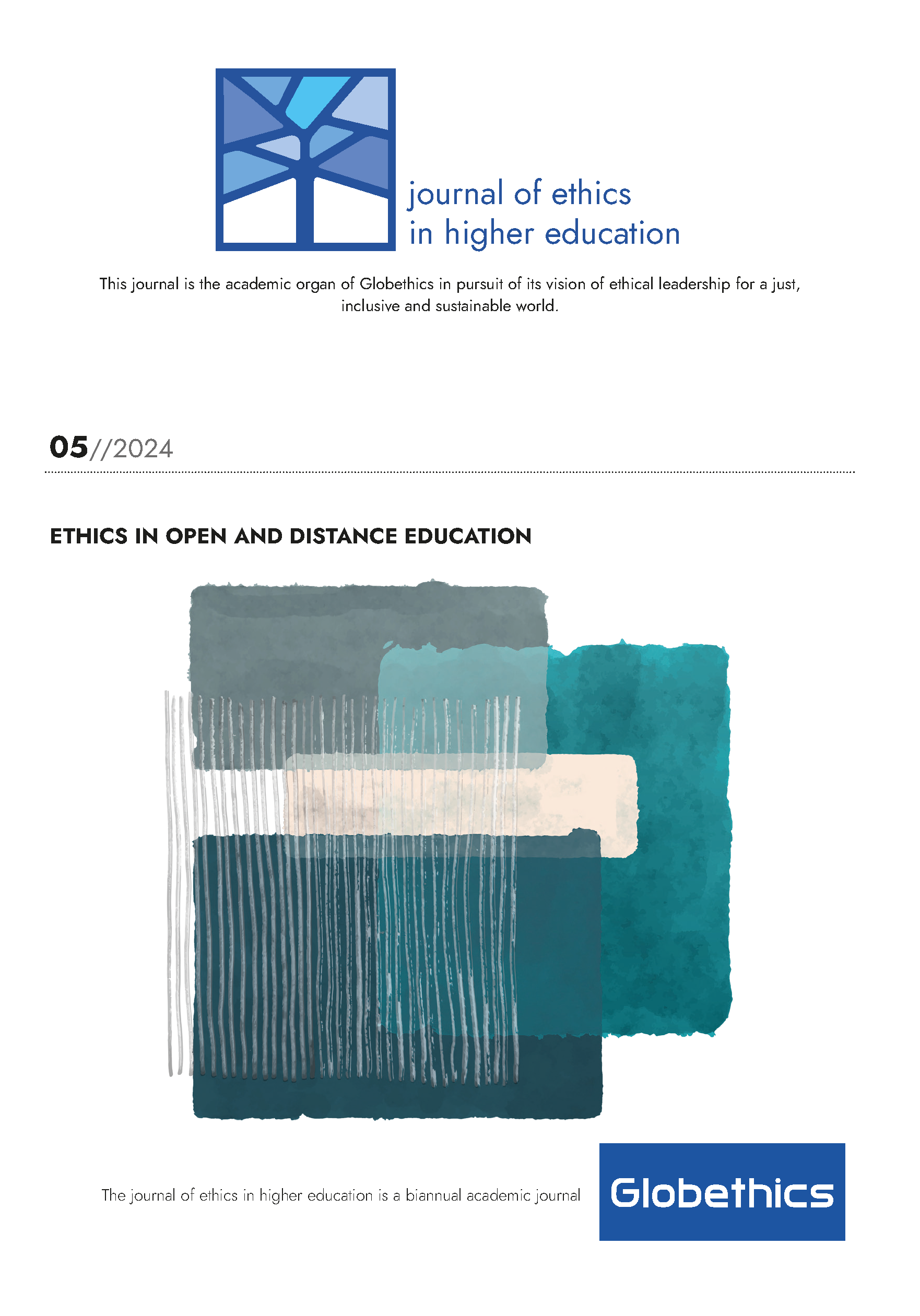Restorative Justice and Post-Genocide Reconciliation: Ethical Implications and Community Healing in Rwanda
DOI:
https://doi.org/10.26034/fr.jehe.2024.6897Keywords:
Rwanda, community healing, justice, peace process, post-war care, genocide, restorative justice, Truth and Reconciliation CommissionAbstract
This paper explores the role of restorative justice in post-genocide reconciliation in Rwanda, focusing on its ethical implications and impact on community healing. Following the 1994 genocide against the Tutsi, Rwanda faced the challenge of addressing survivors' trauma, fostering national unity, and reconciling a divided society. Key initiatives, including the Gacaca court system, emphasized dialogue, accountability, and forgiveness to promote healing. Using restorative justice and social reconstruction theories as its conceptual frameworks, this study examines how restorative justice fosters trust, dignity, and relationship restoration, while addressing ethical challenges. Also, through a desk review of existing literature, reports, and case studies, this study synthesizes key findings on the effectiveness of restorative justice.
Downloads
Published
How to Cite
Issue
Section
License
Copyright (c) 2024 Jonas Musengimana

This work is licensed under a Creative Commons Attribution-NonCommercial-ShareAlike 4.0 International License.
Journal articles of Globethics Publications are published under the open Creative Commons License Attribution-NonCommercial-ShareAlike 4.0 International (CC BY-NC-SA 4.0), which guarantees the rights of licensor and allows free use and re-use to the licensees (the readers) who can: 1) Share — copy and redistribute the material in any medium or format 2) Adapt — remix, transform, and build upon the material provided appropriate credit is given and similar license is used in case of such adaptations. Content should not be used for commercial purposes. Each article (the version of record) can be deposited by the author on their academic institutional repository or personal author webpage.







